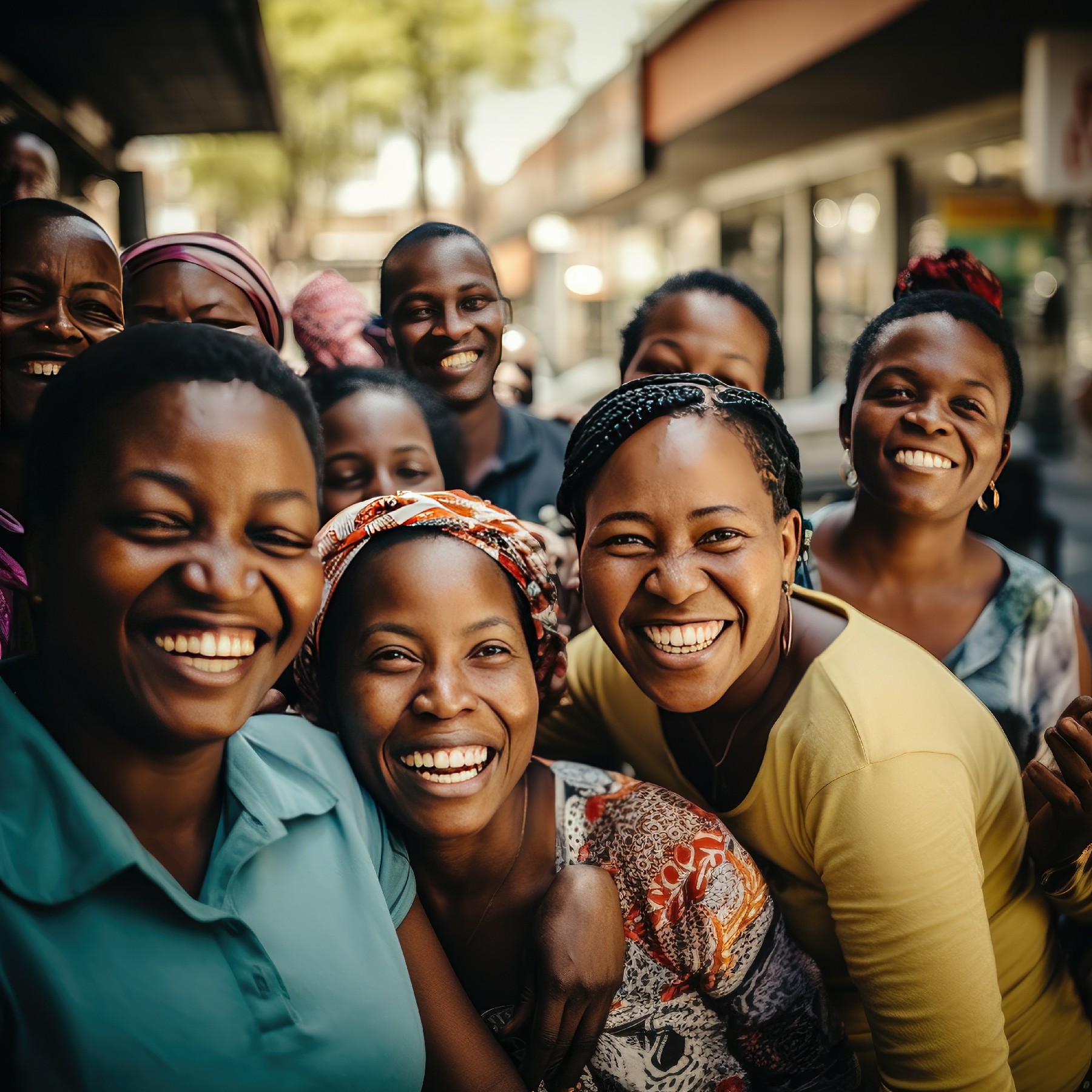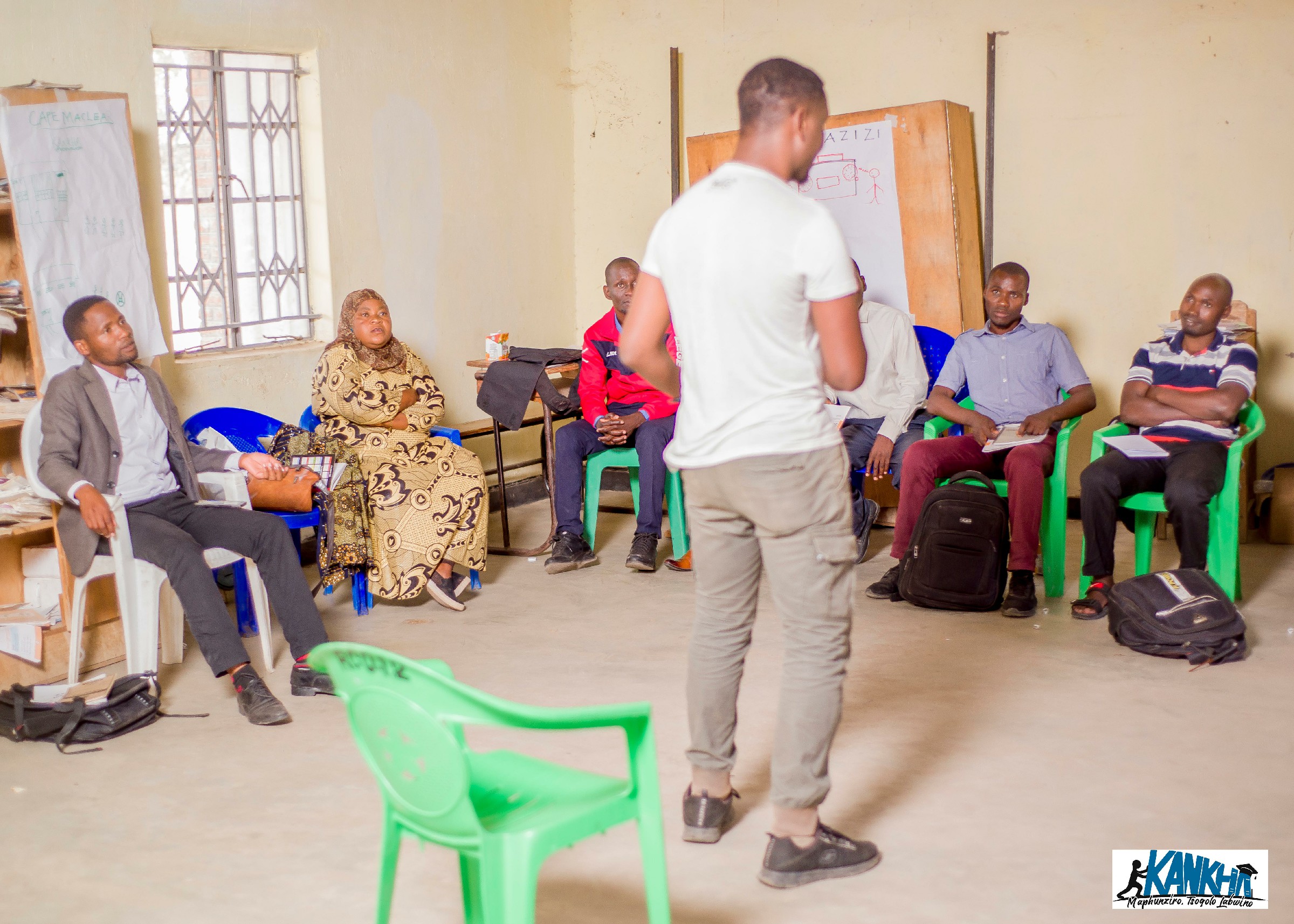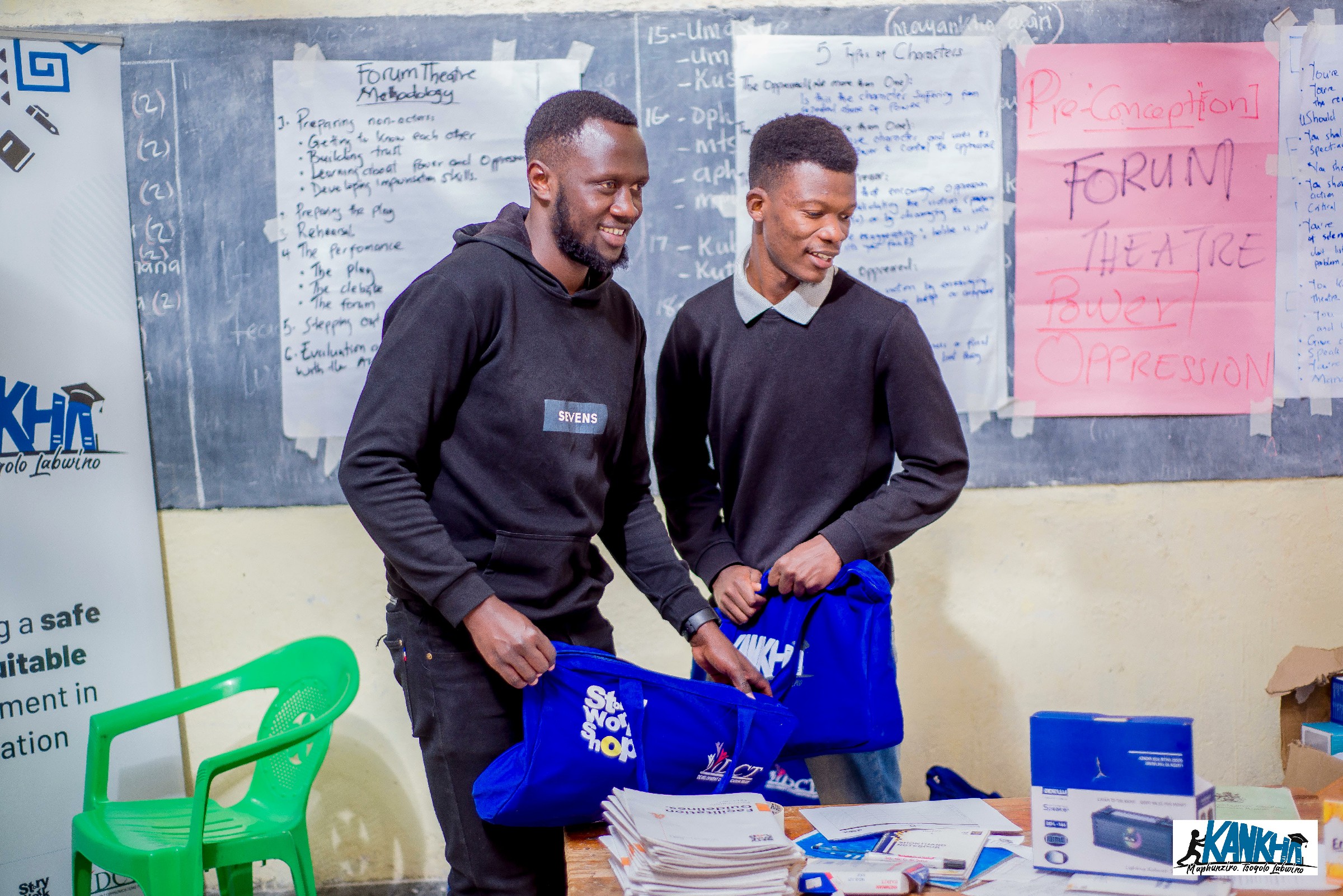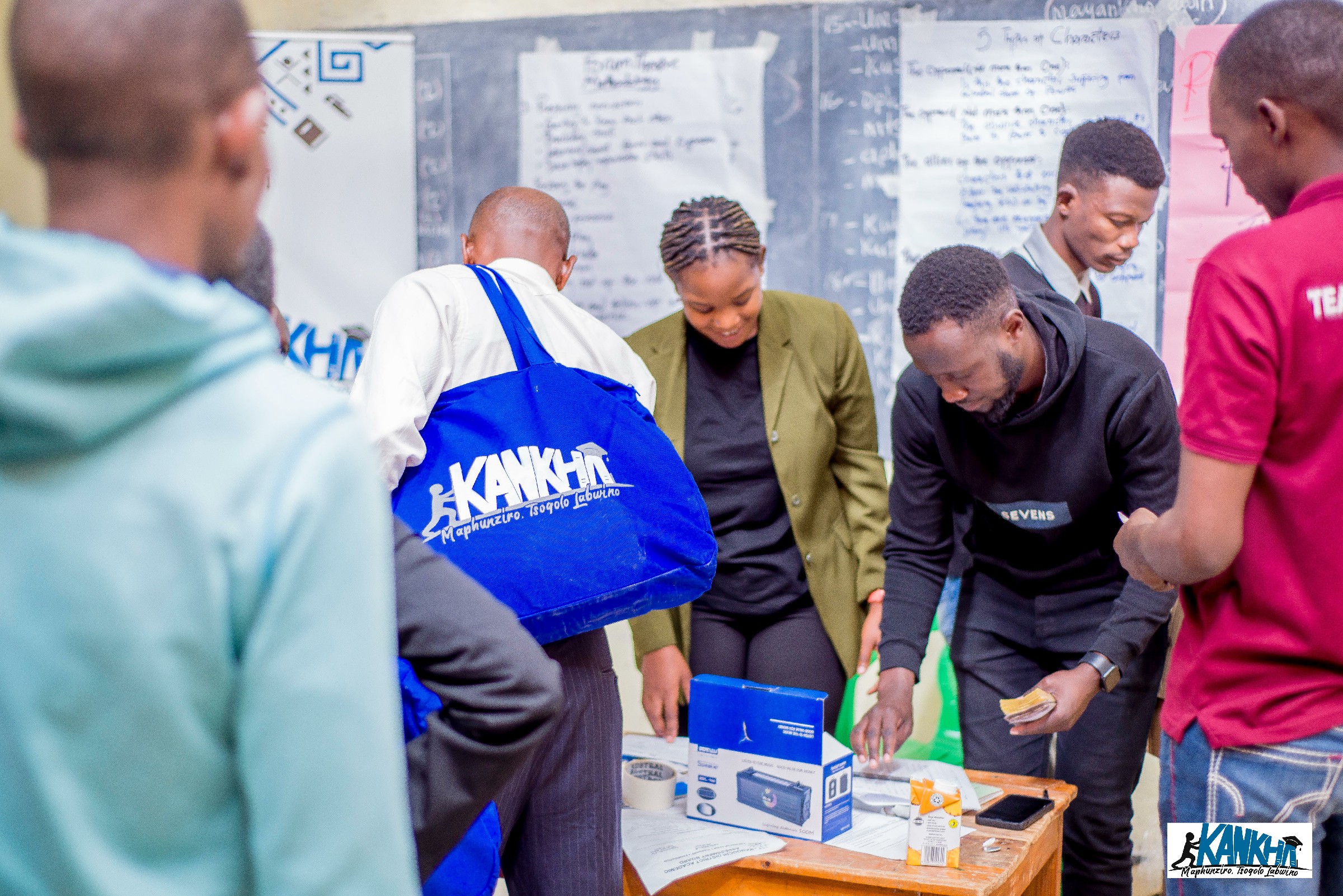Empowering Communities
Educating, Through Entertainment!
Transforming narratives, one story at a time. Story Workshop - Where Change Begins!
10+
Years Experience
20+
Programmes
17+
Projects
5+
Awards

Empowering Communities
Educating, Through Entertainment!
Transforming narratives, one story at a time. Story Workshop - Where Change Begins!
10+
Years Experience
20+
Programmes
17+
Projects
5+
Awards

Who are We?
Story Workshop Educational Trust (SWET) is a Malawian media organization committed to transforming communities through powerful social and behavior change communication
Our Vision
A Resilient Democratic Malawian Population
Our Mission
SWET exists to facilitate Social and Behaviour Change through research-based Creative Media, Social Mobilization, Advocacy and Networking in Malawi.
Our Values
Professionalism
Commitment
Accountability
Integrity
Transparency
Innovation
Cultural Sensitivity
Inclusivity and empathy



Our Works?
We are always where others need help
SWET’s communication strategies combine entertainment and education to drive change. We use a variety of channels to reach Malawians
Our Works
Check Out What We Do
SWET’s communication strategies combine entertainment and education to drive change. We use a variety of channels to reach Malawians, including:



.jpg)
RECOGNITION AND AWARDS
Story Workshop Educational Trust (SWET) has consistently pushed boundaries in social and behavior change communication (SBCC), driving positive transformation in Malawi through creative and culturally resonant approaches. Over the years, our work has garnered prestigious awards that underscore our effectiveness and innovation. Here’s a look at some of our most notable recognitions, starting from the earliest:
Donate
Your Contribution changes Life of Someone
Story Workshop’s programs depend on the generous support of organizations and individuals. Your donation can make a major difference in the lives of Malawians
Join Us in the Journey
We believe in the collective strength of communities. Join us on this journey of empowerment, awareness, and transformation. Together, we can create lasting change and positively impact lives